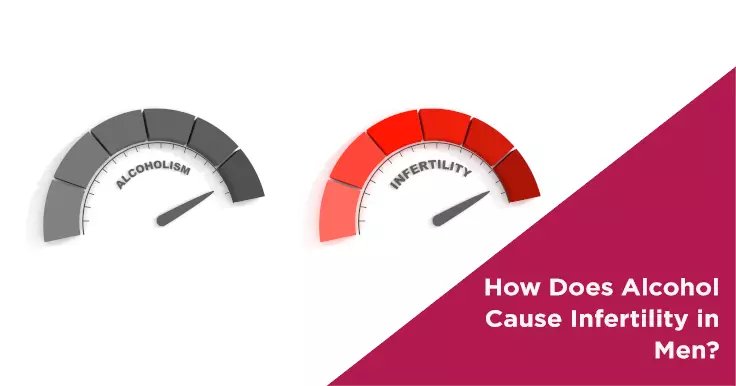Dysmenorrhea: Understanding Painful Periods and Relief Options

No two women have the same experience during their menstrual periods. Many women experience cramps in the lower abdomen and a slight back pain during their periods. This usually lasts for a day or two and is considered quite normal. In some cases, the pain and cramps can be more severe. In some cases, the pain can be bad enough to keep a woman from going about her daily routine. Excessive pain can even make one miss work. This however, is not normal.
In medical terms, painful menstruation is known as dysmenorrhea. This can be categorised as primary dysmenorrhea and secondary dysmenorrhea. In the case of primary dysmenorrhea, women experience pain during the beginning of her periods and menarche. Secondary dysmenorrhea refers to cases where women who have had normal periods for most of their lives experience painful ones during their matured age due to pathological disorders.
What Causes Dysmenorrhea?
Menstruation is influenced by prostaglandin. The level of prostaglandin usually increases just before a period. This is responsible for triggering muscle contractions in the uterus that helps it expel the uterine lining. The contractions of the uterus are responsible for inflammation and pain.
Painful periods could be caused by many factors. In most cases, it is caused by an underlying medical condition. Treating the underlying condition usually relieves the pain. Some of these conditions are:
- Premenstrual Syndrome (PMS) - PMS refers to a combination of symptoms that women experience 1 or 2 weeks before the period. These are caused by hormonal changes. PMS symptoms usually are relieved when the period begins.
- Endometriosis - This is a condition where the tissue lining the inside of the uterus begins to grow outside the uterus. It can affect the ovaries, fallopian tubes, and other parts of the pelvic cavity.
- Fibroids in the uterus - Fibroids are noncancerous tumours that grow inside the uterus.
- Pelvic Inflammatory Disease (PID) - This refers to an infection of the ovaries, fallopian tubes or uterus that results in inflammation of these organs. It may be caused by sexually transmitted bacteria.
- Adenomyosis - This is a condition where the tissue lining in the uterus grows into the muscular walls of the uterus resulting in inflammation. This condition is quite rare.
- Cervical Stenosis - This is another rare condition where the size of the cervix is too small to allow regular menstrual flow. This increases the pressure inside the uterus.
In many cases, pain during periods may not be associated with any one particular cause.
 Infertility Counselling
Infertility Counselling Female Infertility Treatment
Female Infertility Treatment Andrology Treatment
Andrology Treatment Fertility Enhancing Surgeries - Female
Fertility Enhancing Surgeries - Female Fertility Enhancing Surgeries - Male
Fertility Enhancing Surgeries - Male Endoscopy Treatment
Endoscopy Treatment IUI Treatment
IUI Treatment IVF Treatment
IVF Treatment ICSI Treatment
ICSI Treatment Advanced IVF Solutions
Advanced IVF Solutions Embryology
Embryology Vitrification Egg, Embryo, Sperm Freezing
Vitrification Egg, Embryo, Sperm Freezing Preimplantation Genetic Testing (PGT)
Preimplantation Genetic Testing (PGT) Donation Program Embryo / Egg / Sperm
Donation Program Embryo / Egg / Sperm Self-cycleTM IVF
Self-cycleTM IVF

 Self-cycleTM IVF
Self-cycleTM IVF











